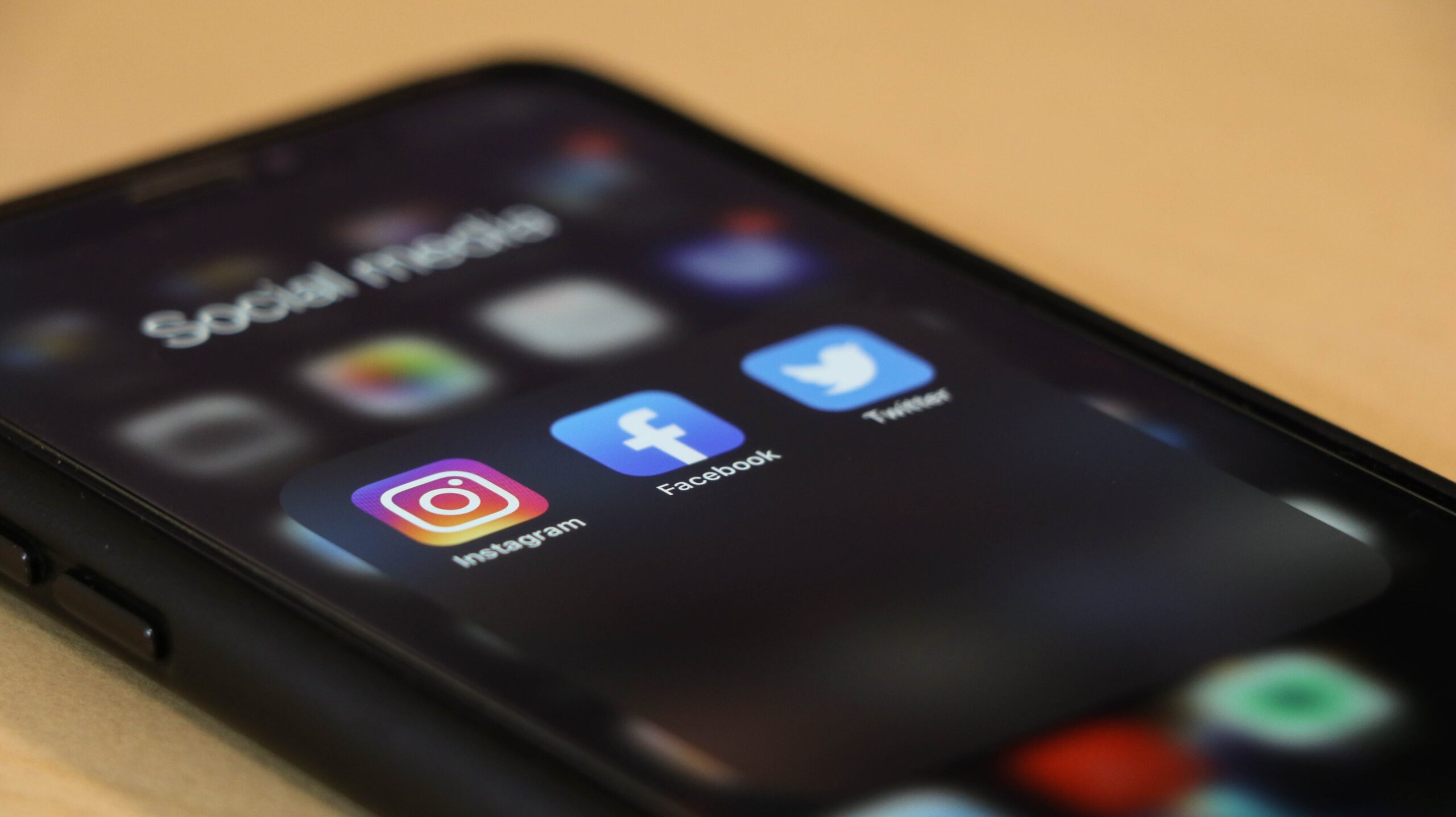The story of two rich guys punching each other has been the main attraction of the media circus over the last month.
Despite the inherent comedic value of multi-millionaires in trackies fighting on the street, coverage of the Packer-Gyngell stoush has centred on questions of photographic ownership.
News Corp reportedly paid $200, 000 for a week of exclusive rights to the pictures and proceeded to exuberantly watermark them, to the amusement of many Twitter users.
eleanor bloom on Twitter: “News Corp have their own Instagram filter I see. pic.twitter.com/auHPAUqwkX / Twitter”
News Corp have their own Instagram filter I see. pic.twitter.com/auHPAUqwkX
JavaScript is not available.
No Description
JavaScript is not available.
No Description
Tali Aualiitia on Twitter: “”I’m all over it like a News Corp watermark” is my cool new saying. / Twitter”
“I’m all over it like a News Corp watermark” is my cool new saying.
Despite the backlash against News Corp, the practice of watermarking images is here to stay.
Most professional photojournalists overlay the pictures they post to social media with personal credits.
Press gallery photojournalist Mike Bowers watermarked all his budget coverage on Twitter, even though the same shots appeared without watermarks in the Guardian’s reports.
Mikearoo on Twitter: “The Bananas meet Barnaby outside Parliament House this morning #politicslive http://t.co/euSMxm9WVN pic.twitter.com/ePsFG38YAi / Twitter”
The Bananas meet Barnaby outside Parliament House this morning #politicslive http://t.co/euSMxm9WVN pic.twitter.com/ePsFG38YAi
So why bother protecting your images on one platform when they are free to poach on a different patch of the Internet?
In my experience, the pace and collaborative nature of social media makes users particularly inclined to re-post others’ original content without asking or crediting the owner.
While most online news outlets wouldn’t contemplate blatantly stealing a photograph off a competitor’s site, social media presents a different set of rules.
The ease of the swift right-click save-as on Facebook or Twitter has created a system where the only way to protect an image is to slap a watermark on it.
ABC reporter Lucy Carter found this out the hard way when SBS used her photo on Tuesday.
JavaScript is not available.
No Description
Carter is a journalist, not a photographer, but that doesn’t negate her ownership rights over the pictures she takes.
She was brave to call out SBS for using the photo without asking or crediting her, and SBS responded by quickly removing the offending image.
Despite Carter’s success, it isn’t feasible for journalists to maintain constant vigilance on social media to ensure other outlets aren’t poaching their original content.
With fewer dedicated photojournalists around in the future, reporters will have to shoot pictures themselves if they want images to accompany their stories.
A picture is worth a thousand words, and journalists have the right to protect this value by watermarking their images.





